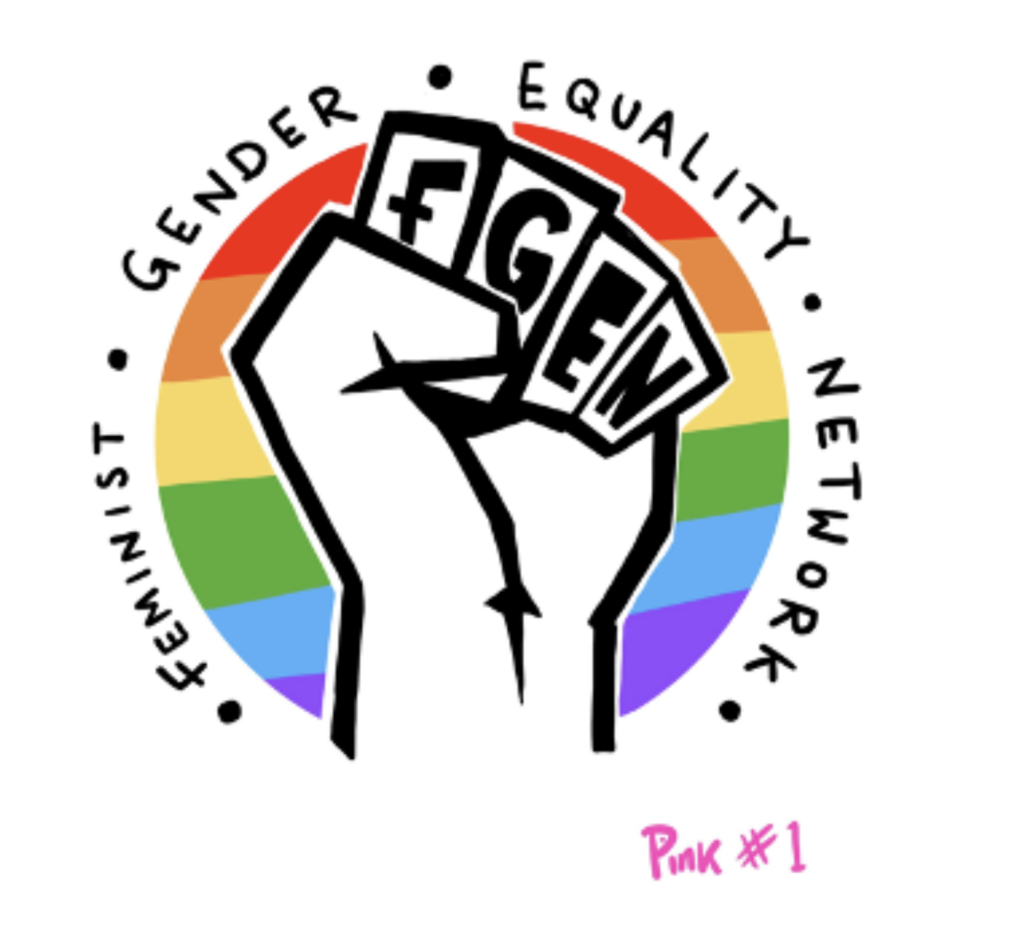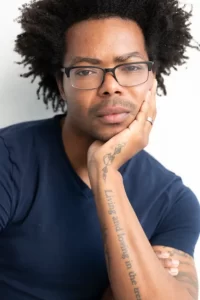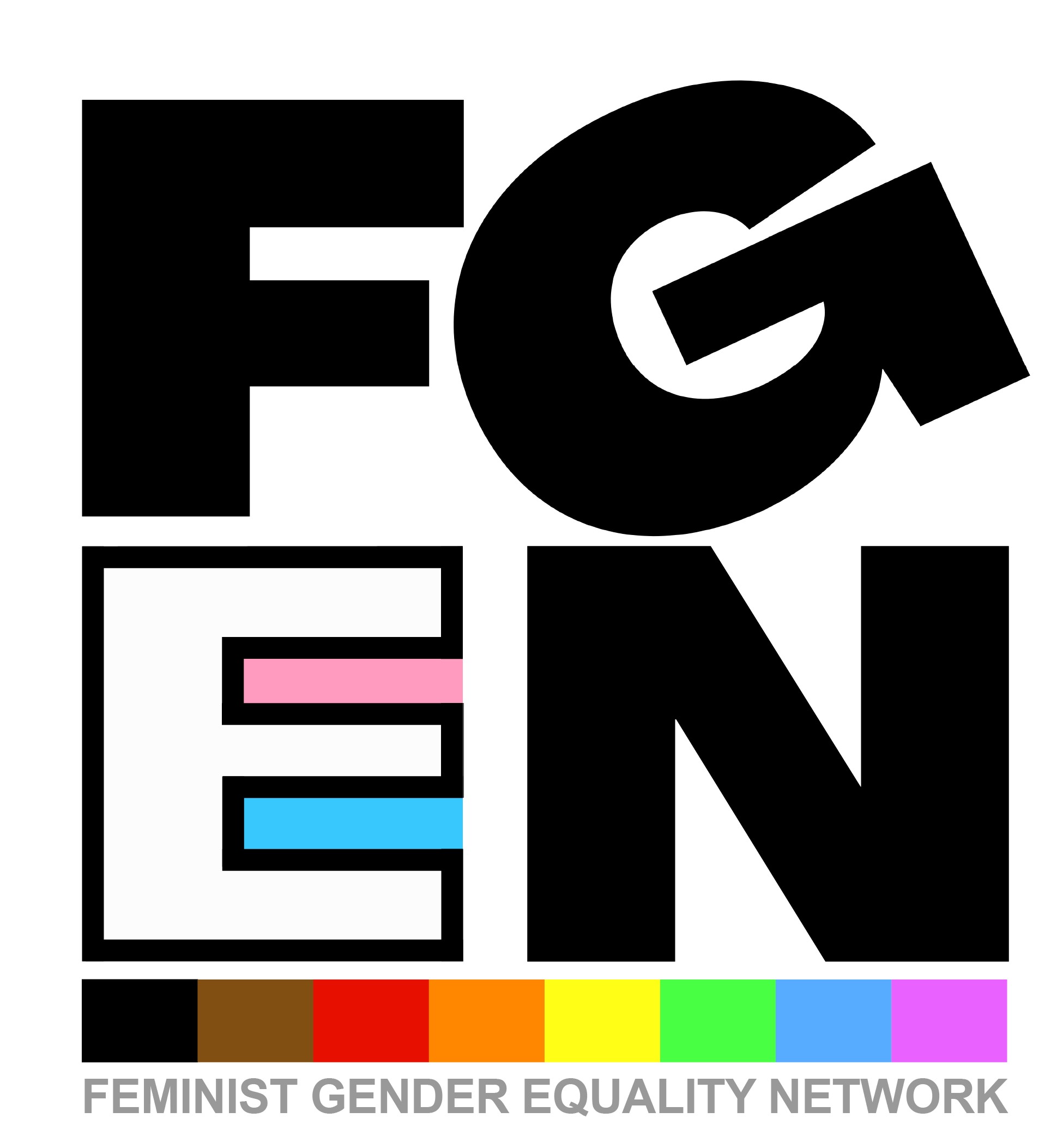LIVING GENDER IN DIVERSE TIMES CONFERENCE

Saturday 2 April 2022 at Shoreditch Town Hall
FGENs first conference ‘Living Gender in Diverse Times’ brings Network members and international keynote speakers in trans, gender and sexuality studies together over two days to share ideas and work and to forge future collaborations. In exploring the diverse ways in which gender is lived and understood in current times, the conference addresses practices of gender regulation and resistance, representations and mediations, and social institutions and transformative cultures. In addition to individual presentations, the conference will host roundtable discussions and cultural/visual interventions.
PROGRAMME
SATURDAY 2 APRIL 2022
THE SMALL COMMITTEE ROOM: open all day as a Quiet Space
9.00-9.30: Registration
9.30-9.45: Opening and Welcome
(Natacha Kennedy and Stephen Whittle)
9.45-11.00: Keynote: Julia Serano, Feminism, Sexualization, and Anti-Trans Activism. (Chaired by Natacha Kennedy)
11.00-11:15: BREAK
11.15-12.15: SESSION ONE PANELS
ASSEMBLY HALL: Gender ‘Critical’ Feminism
Claire Thurlow: The Gender Critical Pivot from Anti-trans to ‘Pro-women’.
Natacha Kennedy: Trans Exclusionism: The normalisation of tacit and explicit marginalisation of trans people.
Camila Montiel McCann: The Appropriation of Trans- exclusionary “Feminism” to Reproduce and Update Hegemonic Femininity in British Broadsheet Newspapers.
Braedyn Ezra Simon: “Gender Critical Feminism”: A critical
look into the colonial remnants of gender discourse.
LARGE COMMITTEE ROOM: Trans Health Care (Chaired by Ash Bainbridge)
Gillian Love and Elaney Youssef: Trans and Non-binary Perinatal Care: Emerging findings and new directions.
M. Stepney and S. Martin: Experiences of trans and gender diverse youth and their families – healthtalk.org.
Jodie Hughes: The effects of Gender on Health-related Quality of Life in People with Endometriosis – Virtual Presentation.
Tereza Hendl and Loren Britton: Interrogating Gender- oppressive Social Structures: How to better support transgender people.
OLD SERVERY: Embodied and Sexual Cultures (Chaired by Francis Ray White)
Gemma Williams, Gemma Commane, Keeley Abbott and Annalise Weckesser: Countering Violence through Bodily Autonomy: Reflections from ‘Bean Flicks,’ an intersectional porn festival celebrating marginalised bodies and sexualities.
Harry Wyld: The Trans Body: A Site of Political Discourse.
Sebastian Mylly: Navigating the Cis Gaze and Staging the Trans Body.
Alanah Mortlock: Trans for who, Black for who? The coalescence of anti-trans and anti-Black rhetoric in the transracialism debates.
MEDIUM COMMITTEE ROOM: Teaching and Researching Gender and Sexuality (Chaired by Sharon Cowan)
James Cummings: “Currently Not Teaching Trans 101”: The experiences of trans men and masc non-binary folk in digital gay spaces.
Kit Heyam: But were They Really Trans?”: Trans histories and activism.
Matt. C. Smith: The Choreographing of Trans in and out of Urban Planning.
12.15 – 13.15: LUNCH
PLACARD MAKING WORKSHOP. OLD SERVERY.
13.15 – 14.30: KEYNOTE Marquis Bey Trans Radicality and Abolitionist Politics. (Chaired by Robin Todd)
14.30 – 14.40: BREAK
14.40-15.40: SESSION TWO ROUNDTABLES AND FILM SCREENING
ASSEMBLY HALL: Media Representation Research Group: Researching Trans People’s Marginalisation and Resistance in Social Media.
LARGE COMMITTEE ROOM: Gender and violence research group: Trans-inclusion in gender-based violence and women’s services.
OLD SERVERY: FILM – Rebel Dykes and Q&A with Directors Harri Shanahan and Sîan Williams and Producer Siobhan Fahey. (Chaired by Sally Hines)
MEDIUM COMMITTEE ROOM: Visual Cultures Research Group: Representing Gender in Diverse Times.
15.40 – 15.50: BREAK
15.50 – 16.50: SESSION THREE PANELS AND FILM SCREENING
ASSEMBLY HALL: Gender and Education (Chaired by EJ Renold)
Anna Carlile: The Buddhist Centre and the Ballet Class: How transgender and non-binary youth find their way in extra- curricular spaces.
Katie Reynolds: Exploring the Experiences of Trans and Non- binary Educators in the UK.
Alice Barber and Emily M. Pattinson: LGBTQ+ health in the medical curriculum: A call for change.
LARGE COMMITTEE ROOM: Representation and Activism (Chaired by Feona Attwood)
Łukasz Szulc: Digital Gender Contestations Social Media and Democracy in a Cross-Stance, Cross-Culture and Cross- Platform Perspective.
Olu Jenzen, Megan Collier and Matt Trenner: UK Media Representation of Transgender and Gender Diverse Youth.
Ece Kocabıçak: When the Myth of Biological Sex Damages Feminist Struggle: Turkey’s withdrawal from the İstanbul convention.
OLD SERVERY: FILM – Rebel Dykes and Q&A with Directors Harri Shanahan and Sîan Williams and Producer Siobhan Fahey. (Chaired by Dawn Woolley)
MEDIUM COMMITTEE ROOM: Inequality, Crime and Abuse (Chaired by Julie Miller)
Sarah Lamble: Fake News, False Facts and Flawed Narratives: On the use and misuse of evidence in the Trans Prisoner Policy Debate.
Jessica Randall: A Missed Opportunity: Consultation on amending the Gender Recognition Act 2004.
Ben Collier and Sharon Cowan: Concept Capture and Category Co-option: Recording Sex/Gender Data in the Criminal Justice System.
Siouxsie Bytheway: Heteronormative Discourse: Therapist social constructions of intimate partner abuse (IPA) in queer relationships.
16.50– 17.00: BREAK
17.00 – 18.15: KEYNOTE – Agnieszka Graff and Elżbieta Korolczuk Anti-Gender Politics in the Populist Moment. (Chair: Emma Proctor)
Abstracts

Julia Serano, Feminism, Sexualization, and Anti-Trans Activism.
Feminists have long been concerned about the ways in which women are sexualized in our culture (e.g., via sexual harassment, objectification, slut-shaming, and sexual violence). But of course, sexualization is not a female-specific phenomenon. Other marginalized groups—including LGBTQIA+ people, people of color, and people with disabilities—have long described the various ways in which they are reduced to their real or imagined sexual attributes (their bodies, behaviors, or desires) to the exclusion of other characteristics, often facing disproportionate levels of sexual violence as a result. Here, I will provide an overarching framework for understanding how these seemingly disparate forms of sexualization are all interconnected, and thus we must strive to end them all. In this light, I will critique “gender critical” activists’ increasing reliance on sexualization as a tactic—smearing trans people en masse as “sexual predators,” “perverts,” and “pedophiles”—and show how it is antithetical to feminism.
Biography
Julia Serano is the author of four books, including Whipping Girl: A Transsexual Woman on Sexism and the Scapegoating of Femininity, and Excluded: Making Feminist and Queer Movements More Inclusive. Her writings have also appeared in The New York Times, The Guardian, TIME, Salon, The Daily Beast, and Ms. juliaserano.com.

Marquis Bey, Trans Radicality and Abolitionist Politics.
To be discussed in this talk will be the utility of using an equally trans and abolitionist approach to combating transantagonism. Where transness names not simply transgender embodiment but, perhaps more robustly, a relational and ethical politics of nonnormativity, and abolition names the cultivation of a life and livelihood whose emergence actualizes via the impossibility of violence, “Trans Radicality and Abolitionist Politics” seeks to enter into the conversation surrounding transantagonism via non-exclusivity, nonnormativity, and a generative openness.
Biography
Marquis Bey is Assistant Professor of African American Studies and English, and affiliated faculty in Gender and Sexuality Studies and Critical Theory, at Northwestern University. Their work, broadly, concerns black feminist theorizing, transgender and nonbinary studies, critical theory, and abolition. Bey has written multiple books and articles across subjects of black studies, transness and gender nonnormativity, feminist theory, and abolition. Most recently, Bey is the author of Black Trans Feminism (Duke University Press) and a forthcoming collection of autotheory essays titled Cistem Failure: Essays on Blackness and Cisgender (Duke University Press, August 2022).

Agnieszka Graff and Elżbieta Korolczuk, Anti-Gender Politics in the Populist Moment.
This presentation will discuss the main findings of the book, which examines the new phase of global struggles around gender equality and sexual democracy: the ultraconservative mobilization against “gender ideology” and feminist efforts to counteract it. We argue that anti-gender campaigns, which emerged around 2010 in Europe, are not a simple continuation of earlier trends (backlash), but part of a new political configuration: the rise of right-wing populism. While much of our data is drawn from the Polish case, we extensively discuss transnational networks such as the World Congress of Families and Agenda Europe, and developments in countries such as Italy and France. We show that the Polish case is both context-specific and paradigmatic for the global trend: a right-wing populist revolt against liberal democracy and progressive values, and the rapid growth of coalitions between ultraconservative, mainly religious organizations and right-wing populist forces around the issue of gender.
The presentation will focus on the relationship between populism and gender. Rather than looking for specific gendered aspects of populism as an ideology, we will discuss a growing opportunistic synergy between the right-wing parties and ultraconservative groups opposing “gender.” This synergy plays out on two distinct levels: ideological/discursive and strategic/organizational. Since populism is not a robust ideological project, it readily feeds on ideas and narrative structures promoted by the anti-gender ultraconservative movement, albeit often in an opportunistic and selective fashion. Populists also cooperate closely with the anti- gender organizations as they need new cadres in the process of a sweeping elite change. Simultaneously, the actors behind anti-gender campaigns use the organizational resources that right-wing parties offer and access to political processes, especially in contexts such as Poland where the latter are in power. What facilitates this collusion is the fact that the ultraconservative critiques of “gender” have been framed in populist terms. The movement presents itself as a necessary and courageous defense of “the people” against powerful and foreign “liberal elites,” with “gender ideology” emphatically identified as a modern version of colonialism.
Agnieszka Graff and Elżbieta Korolczuk, Anti-Gender Politics in the Populist Moment.
Biographies
Agnieszka Graff is an associate professor at the American Studies Center, University of Warsaw. She is a cultural studies scholar with research interests in gender studies, feminist history, nationalism, and public discourse on gender. Her articles have appeared in Signs, East European Politics and Societies, Public Culture, European Journal of Women’s Studies as well as a number of collected volumes. She co-edited the Spring 2019 issue of Signs on Gender and the Rise of the Global Right. Her most recent publication, co-authored with
Elżbieta Korolczuk is an Associate professor in sociology working at Södertörn University in Stockholm and American Studies Center, Warsaw University. Her research interests involve: social movements, civil society, poliAcs of reproducAon as well as right-wing populism and mobilizaAons against “gender”. She co-edited two books on motherhood and fatherhood in Poland and Russia (in Polish) and published two volumes on social movements and civil society in Central Eastern Europe: Civil Society Revisited: Lessons from Poland co-edited with KersAn Jacobsson (Berghahn Books, 2017), Rebellious Parents. Parental Movements in Central-Eastern Europe and Russia co-edited with Katalin Fábián (Indiana University Press, 2017).Most recent publications include a monograph Anti-gender Politics in the Populist Moment written with Agnieszka Graff (2021, Routledge). She is also a commentator and a long-time women’s and human rights activist.
